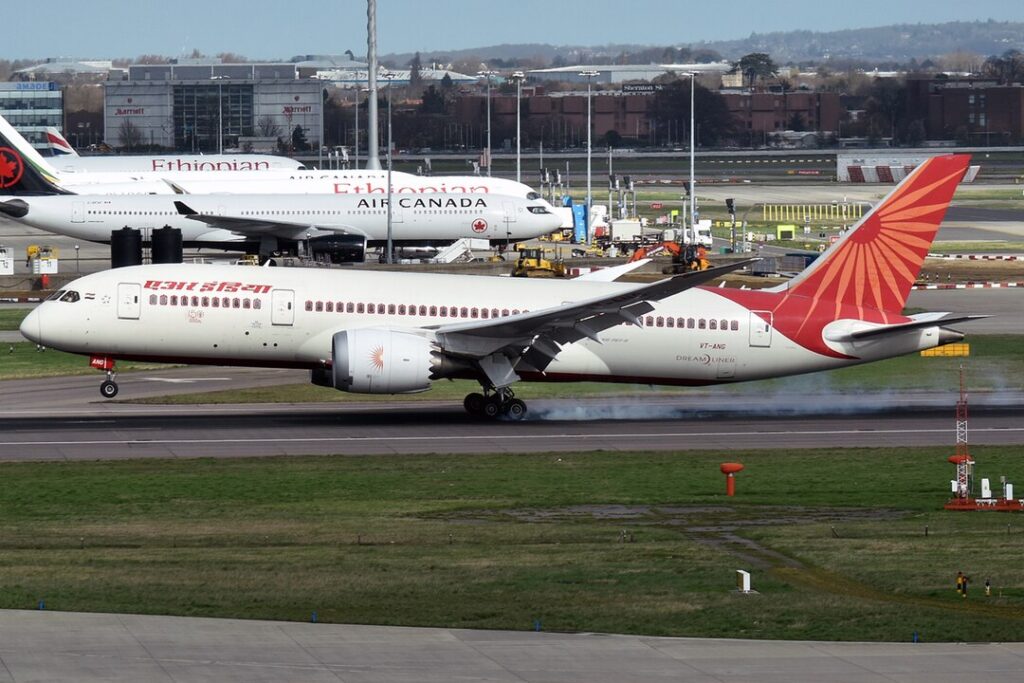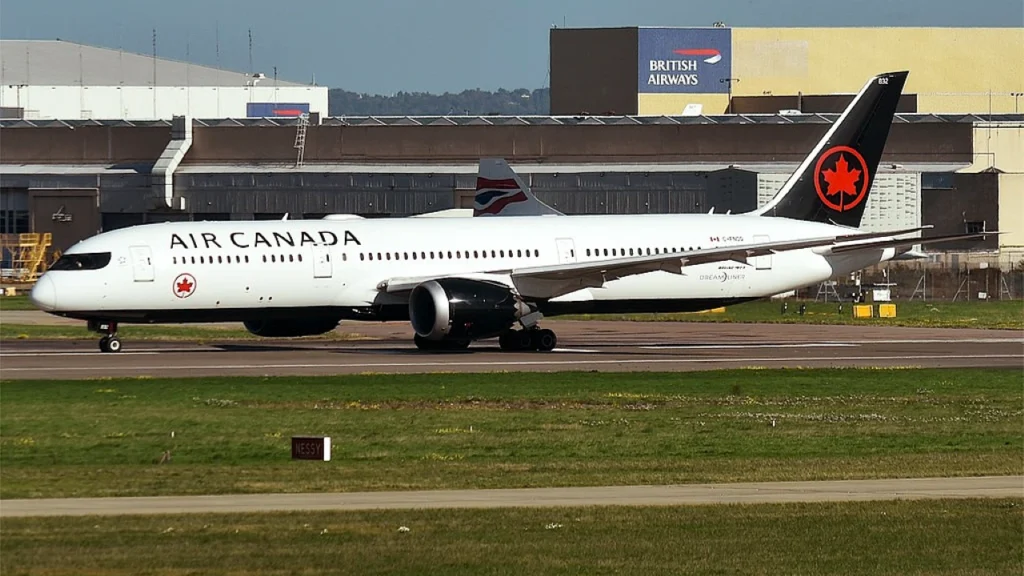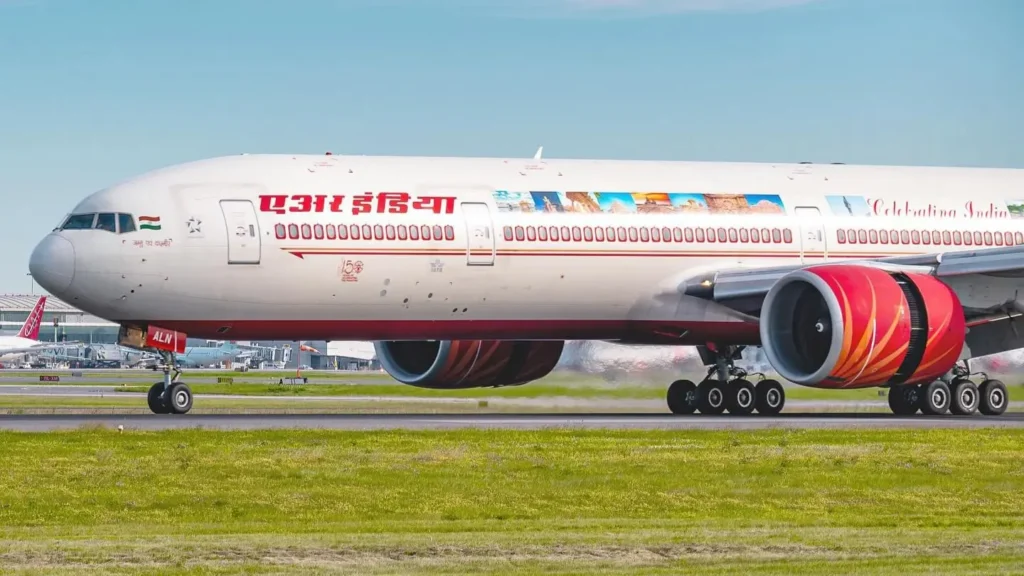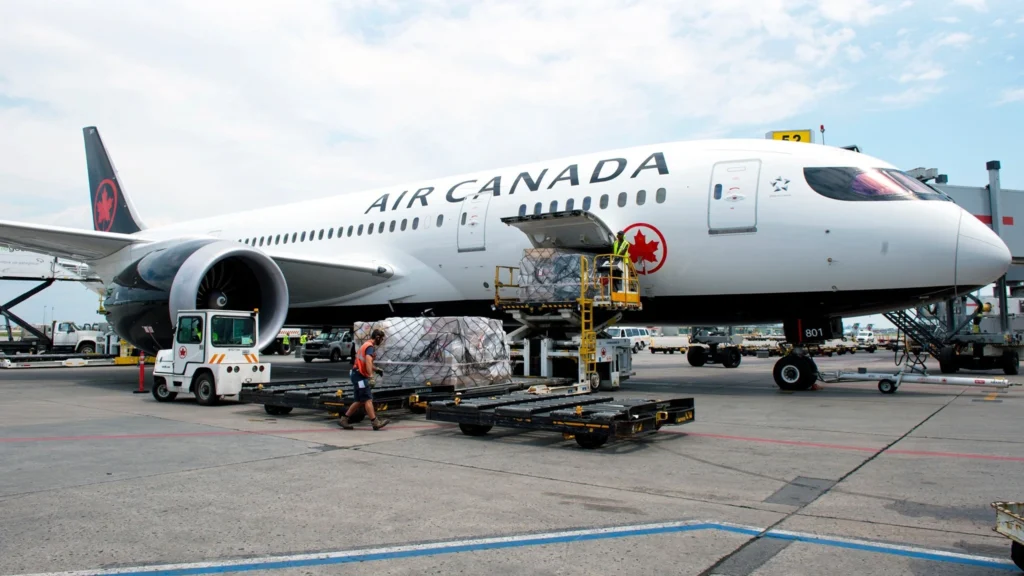DELHI- We are all aware that India and Canada’s political relationship is strained, which mostly impacts those who travel between the two countries.
Following this, some routes may experience a large decrease in demand.

India Canada Tensions: Affecting Air Travel?
Ravreet Singh, an Aviation Analyst and Blogger, has exposed some key information and made certain assumptions about the Canada-India aviation industry, therefore let’s check into it.
The deteriorated connection, combined with Canada’s stringent immigration regulations, has resulted in a significant drop in travel demand, especially from Punjab.
Visa denial rates have skyrocketed, particularly among students and travelers, directly altering outbound travel patterns. This trend has resulted in falling flight prices, with Delhi-Toronto routes presently averaging around US$775 and Delhi-Vancouver routes around US$660.
Mr Singh said that Air India (AI) presently has a comprehensive international service network, with 21 weekly nonstop flights to Canada from Delhi, including 14 to Toronto and seven to Vancouver. Air Canada (AC) complements this network with daily flights from Toronto and Montreal, as well as strategic links via London and seasonal weekly connections to Mumbai.
Following the 2022 modification to the air service agreement, both countries now allow unrestricted flights between them. This enabled Air India and Air Canada to add additional flights to their existing routes. As a result, we have more flights, but will this be sustainable?

Comparing with Previous Data
In 2022, 1.36 million passengers flew point-to-point between Delhi and key Canadian cities, indicating a considerable increase in the India-Canada air travel sector. Delhi-Toronto was the most popular route, with 706,000 passengers, followed by Delhi-Vancouver with 340,000 passengers.
Ravreet Singh submitted the following p2p traffic data for routes between Delhi and Canada:
- Delhi-Toronto: 706k
- Delhi-Vancouver: 340k
- Delhi-Calgary: 112k
- Delhi-Edmonton: 83k
- Delhi-Winnipeg: 70k
- Delhi-Montreal: 46k
Punjab has always provided a significant amount of this passenger flow. The region’s dropping outbound demand indicates a probable market contraction, with airlines responding proactively to altering travel trends.
Neos Airlines (NO) demonstrates this tendency by announcing a 50% capacity decrease on the Amritsar-Toronto route beginning in February 2025, despite the fact that the service was only launched two years ago.
Singh cautioned that increasing competitive dynamics may jeopardize market stability. Qatar Airways (QR) has begun nonstop services, and Virgin Atlantic (VS) plans to launch routes in April 2025. These trends could reduce airline yields and increase competitive pressures in the India-Canada air travel market.
However, there are over 40 weekly flights between India and Canada, nearly twice as many as there were before to the epidemic year. So it is at an all-time high and has peaked, but the question is whether it will continue to expand or begin to decline.

Will Air India Downgrade its Ops?
Air India must make crucial strategic decisions in response to shifting India-Canada air travel market dynamics.
Ravreet Singh believes the airline may consider halting its second daily Delhi-Toronto service during the Summer 2025 schedule, potentially reallocating capacity to bolster its U.S. network or expanding North American flights from Mumbai.
Aircraft fleet optimization is another possible technique. Transitioning from Boeing 777-300ERs to more fuel-efficient 787-9s may provide operational benefits. However, present fleet limits prevent quick application of this technique.
Airlines must demonstrate strategic flexibility and inventive thinking in order to survive in today’s competitive industry. Diplomatic tensions, decreasing passenger demand, and competitive pressures force airlines to constantly examine and adjust their route networks and operating plans.

Air Canada Security Checks
We reported a few weeks ago that Transport Canada has increased security measures for travelers going from Canada to India, especially on Air Canada flights.
Anita Anand, the transport minister, implemented these “temporary additional security screening measures” as a cautious response to undefined security concerns.
Air Canada informed passengers of the new protocols, warning of longer security lines and advising arriving at the airport four hours before departure. The airline confirmed compliance with Transport Canada’s heightened security procedures and urged passengers to be patient during the screening process.
Toronto Pearson Airport confirmed these events, informing passengers of anticipated delays during international pre-board screening. The airport recommended passengers to double-check their flight information and allow extra time for security checks.
While the particular explanation for the new security procedures remains unknown, their implementation signals increased vigilance in cross-border travel security.













NO does not operate direct flights between Amritsar – Toronto